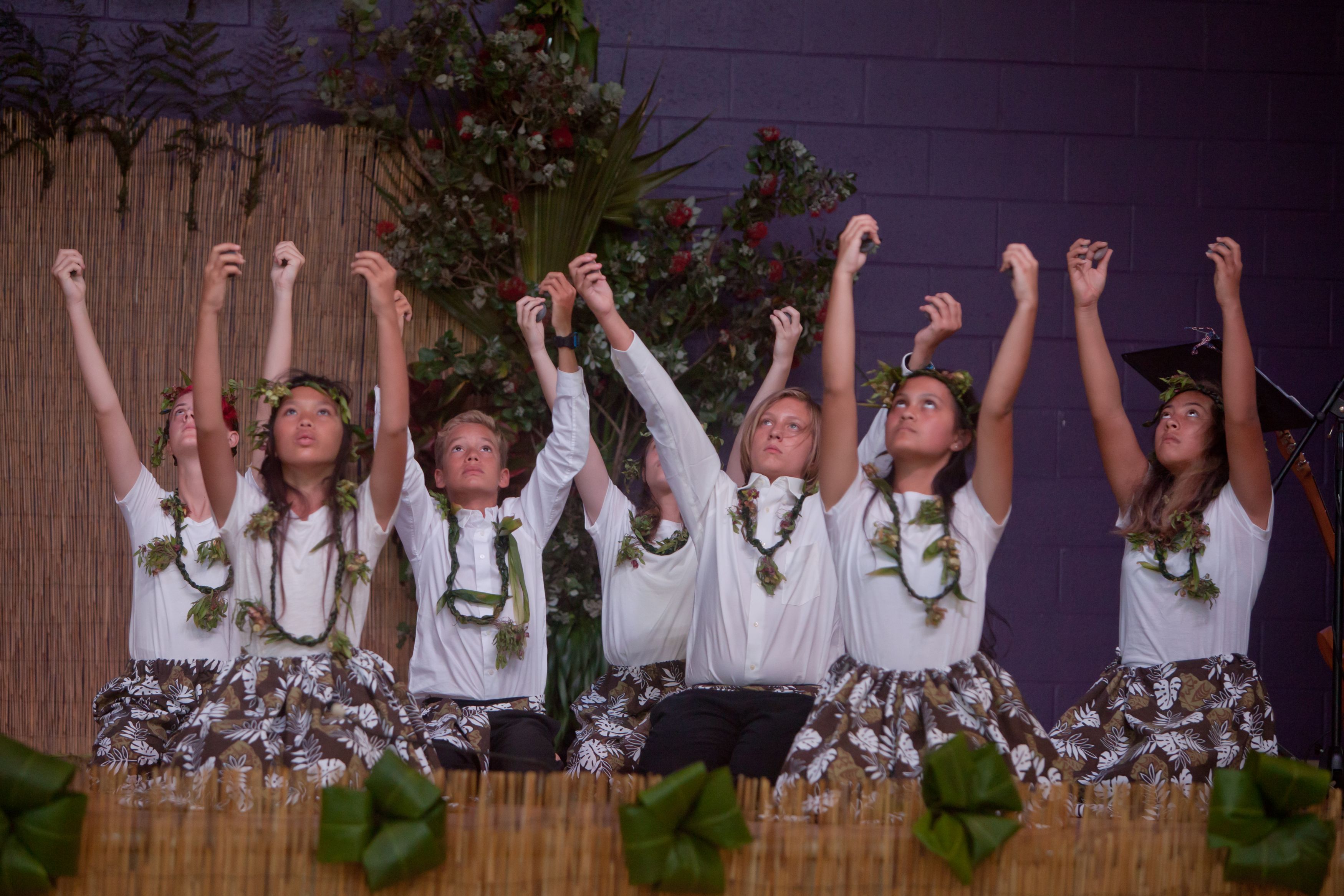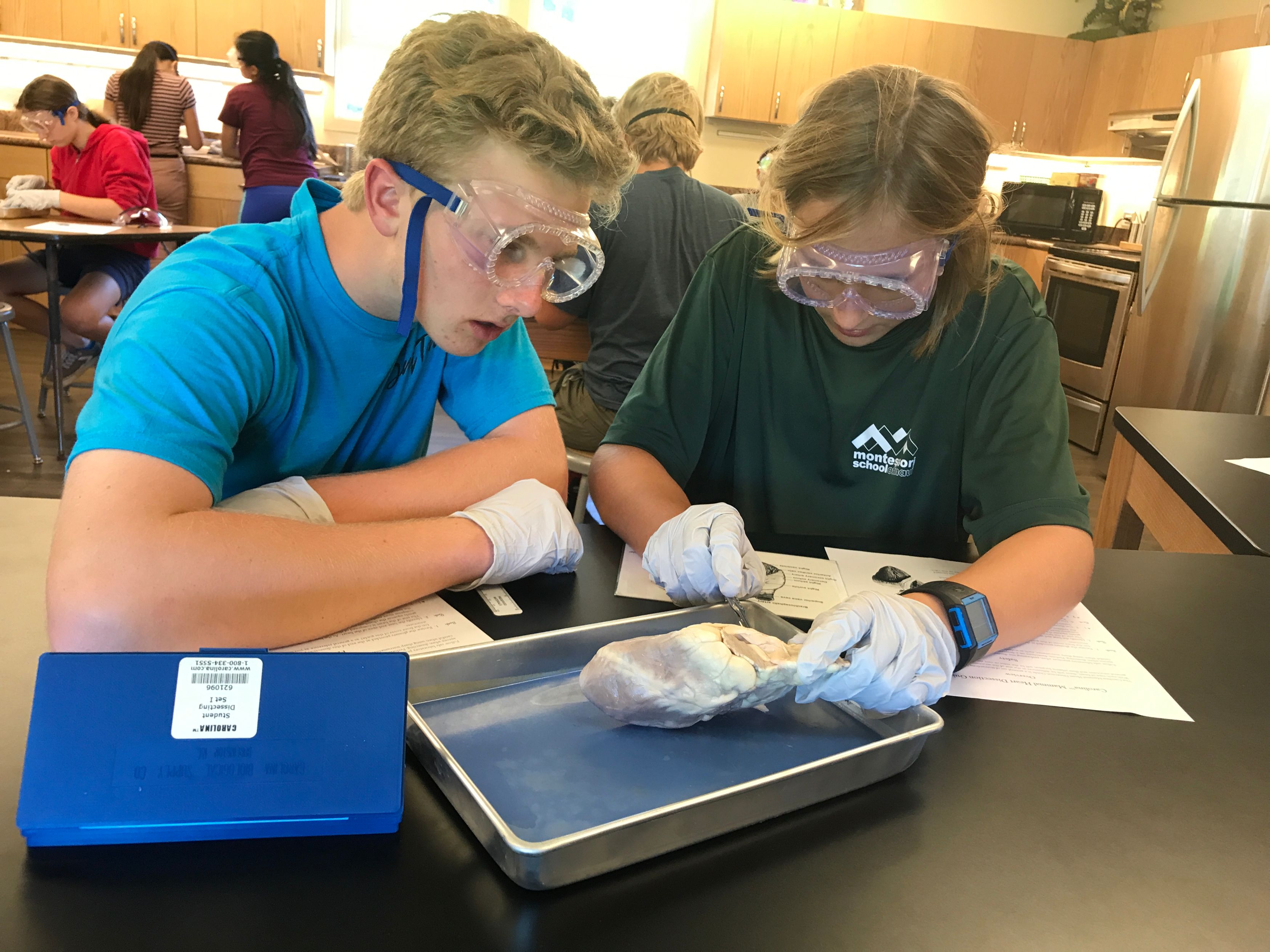Middle School Program
Middle School Program – (Ages 12 years through 14 years, Grades 7 and 8)
It is a primary goal of our Middle School Program to collectively embrace the opportunity that is the culmination of Toddler, Primary, Lower Elementary, and Upper Elementary. Moreover, the work is to live our days with the children, joining hands in partnership to prepare them for citizenship in society. The “education” at this point is experiencing how to be a member of a tribe, a village, a nation. It is the last great window of awareness for social formation of the personality. It is a special, sacred time and must be cherished.
We understand the adolescent in a Montessori context. The child of 12-18, and specifically the sub-plane for 12-15, is at the doorstep of adult life. Childhood has ended and the mind turns to forming a social identity. The Montessori adolescent environment is designed to provide these young people with adult-like experiences that help develop the ability to function as a productive member of society.
The Educational Syllabus identifies three developmental tasks of the child: Self-Expression, Psychic Development, and Preparation for Adult Life. In general terms, these are shaped for student engagement by understanding and honoring the developmental characteristics, needs and tendencies of 12-15 children. Recognizing that children must learn about the culture and the society in which they will be an active contributor, they require an ability to codify and systematize. These abilities are accomplished in part by embedding these experiences and oncoming knowledge in the project-based-place-based, purposeful work in the Occupations and Humanities curriculum.
The adolescent has a strong need for self-expression. This is overtly and covertly layered into their study and work with conscious crafting by the adult. Given this freedom and trust for what the child “must” express at that moment, the adults are truly gifted to be a part of that moment of formation in the child.
Amidst studies of mathematics, language, and technology, the study of scientific discoveries, geographical explorations, relation of humans to the environments, and contacts with different peoples helps children arrive at an understanding about how human beings shape culture across time, share unifying aspects for progress, develop empathy, and have faith in the future. The actualization of this work requires lessons for/skills in different forms of writing, self-organization, cartography, debate, research, mathematics, primary and secondary sources, etc., but those are only part of goal. Ultimately, children are imbibed with love for his fellow citizen. They explore the morality of people from the past juxtaposed with those of the present. In turn, children become enlightened, and more prepared for adult life.



